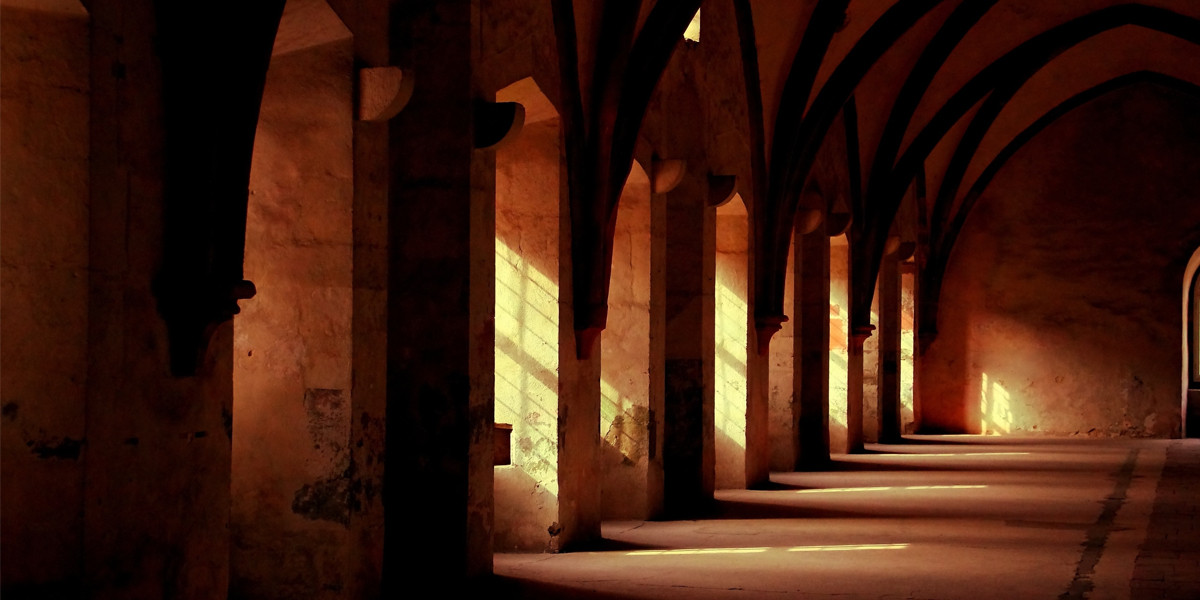August 24, 2017
With all the posting in the past few days regarding our past as it touches the present I have been silent but thoughtful. I wish now to share those thoughts. . .
November 19, 1863 one of the greatest American presidents addressed a crowd of citizens in a field where hundreds of Americans we re laid to rest and where four months earlier the greatest single battle of the American Civil War had been fought – Gettysburg.
re laid to rest and where four months earlier the greatest single battle of the American Civil War had been fought – Gettysburg.
So much has been said about Lincoln’s address that day at Gettysburg. It is the most famous presidential speech in our history and, remarkably, the shortest (272 words). Heralded as the greatest use of the English language and parceled into book titles for Civil War study and essays on issues of political and ethical morality; let us, for a moment, reflect upon one of its phrases.
There were 51,000 casualties at the Battle of Gettysburg. All of them were Americans. On November 19, 1863 Lincoln said, “It is for us the living rather, to be dedicated here to the unfinished work which they who fought here have thus far so nobly advanced.” What exactly did our 16th president mean when he used the words, “unfinished work”?
Some would conjecture he was speaking of the federal dead who had fought for the preservation of the Union, and they would be right. Others would say it was the abolition of that peculiar institution – slavery – and they too would be right. Still others would declare the “unfinished work” was to end the Civil War. Yes, that too was certainly meant by Mr. Lincoln. To understand fully its meaning, it is not possible to pull this phrase out of context. It must be interpreted in light of the overriding theme of Lincoln’s presidency – “union”.
America was immeasurably blessed to have had such a man as Abraham Lincoln in the Executive Manson (White House) during the darkest four years of our nation’s early history. In his heart was the restoration of the divided nation. For him there was some larger and nobler reason for her existence that transcended the blood and tears of the sectional schism that had torn her asunder. Hoosier-reared Lincoln perceived that reason.
If men who had been created equal were to enjoy the fruits of freedom individually, it would only be possible in a “united” States. Though the North was more industrialized than the South, it would be greatly weakened by the permanent severing of its southern extremity. The future of the country in whole from East to West depended on a unified North and South. Any historian now will agree that America could not have become what she is today, especially in light of the two world wars in the past century, had the South remained cut off from its northern brother.
In reflection, we have come so far in these 154 years since that overcast November day in Gettysburg, Pa. But we have further to go. The “unfinished work” of advancing freedom so that all men around the world can experience democracy, as we have so graciously known it, requires in Lincoln’s words, “increased devotion”.
The ennoble act of voting we enjoy demonstrates the purest form of that unified, democratic “government by the people” to which Lincoln alluded. The many humanitarian and charitable institutions in America, which work in unity to promote the cause of freedom for which so many Americans in all wars died, exercise Lincoln’s “government for the people”. When this nation under God prays for the nation’s leadership, holding them accountable before God, thus demonstrating its trust in God, we truly then are a “government of the people”.
Fighting among ourselves does not solve our problems. It did not in Lincoln’s day, and it cannot in ours. We have choice. It is our basic human right. In America we each may exercise that right in free speech. We may not agree with each other, but we must defend each other’s right to disagree. Then, because we are a Union, we labor together for the resolution and betterment of all.
Perhaps, in Lincoln’s immortal words, we have not finished the work, but in the indomitable spirit of the Gettysburg Address, we here today, the living, can be inspired from our past and all its memorials to renew our lives for what Abraham Lincoln dreamed and died for – that the United States of America would remain united and would not perish from the earth.
